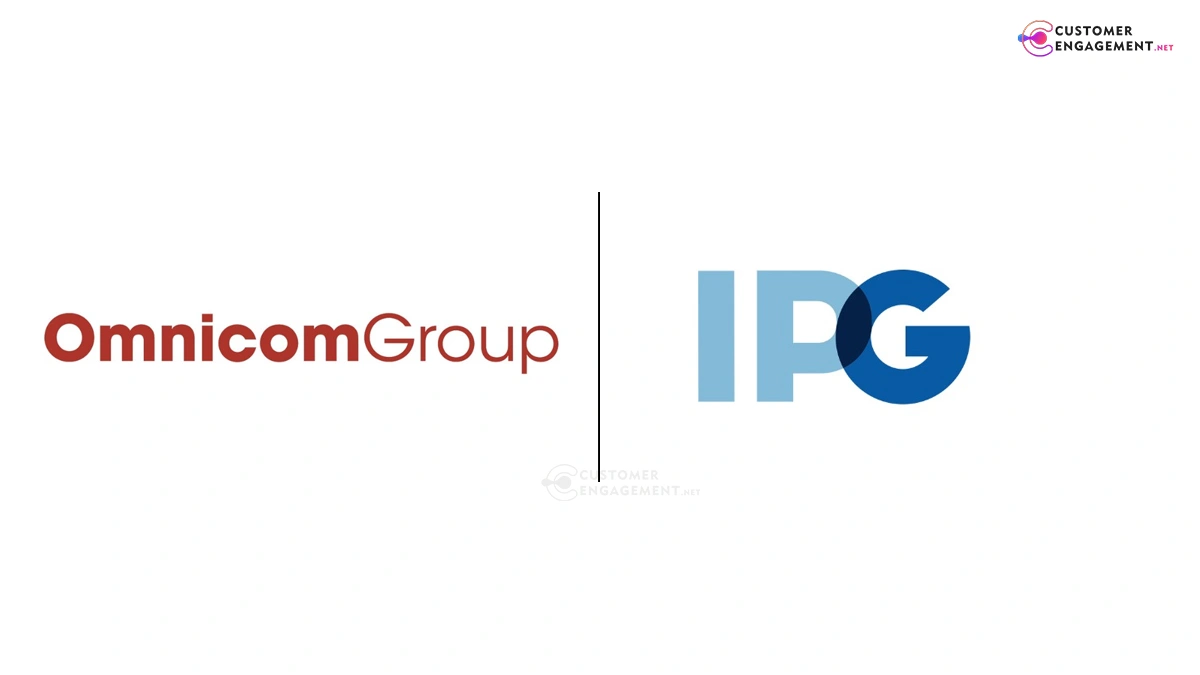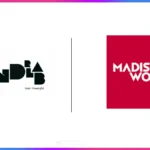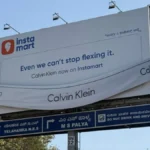
The FTC finalizes Omnicom’s $13.5 billion acquisition of IPG, with strict rules to prevent political or ideological bias in advertising practices. Learn about the key conditions imposed to protect competition and free expression.”
The Federal Trade Commission (FTC) has approved Omnicom Group’s $13.5 billion acquisition of The Interpublic Group (IPG), creating the world’s largest advertising agency. However, the merger is subject to stringent conditions aimed at preventing anticompetitive coordination and ideological bias in advertising practices.
Under the terms of the FTC’s consent order, Omnicom is prohibited from coordinating with other firms to suppress advertising based on political or ideological viewpoints. This includes steering ad dollars away from media publishers or platforms due to their content’s political or ideological nature. The order mandates that any such decisions must be explicitly directed by the advertiser, preserving individual advertisers’ autonomy in ad placements.
The FTC’s decision addresses concerns that consolidation in the advertising industry could lead to coordinated efforts to suppress certain viewpoints, thereby distorting competition and public discourse. By imposing these conditions, the FTC aims to ensure that the merged entity does not engage in practices that could harm competition or limit the diversity of voices in media.
The consent order also requires Omnicom to cooperate with ongoing FTC investigations into potential coordination in ad placements and to submit annual compliance reports for the next five years.
This regulatory action marks a significant step in the FTC’s efforts to maintain competitive practices in the advertising industry and safeguard free expression in media.















